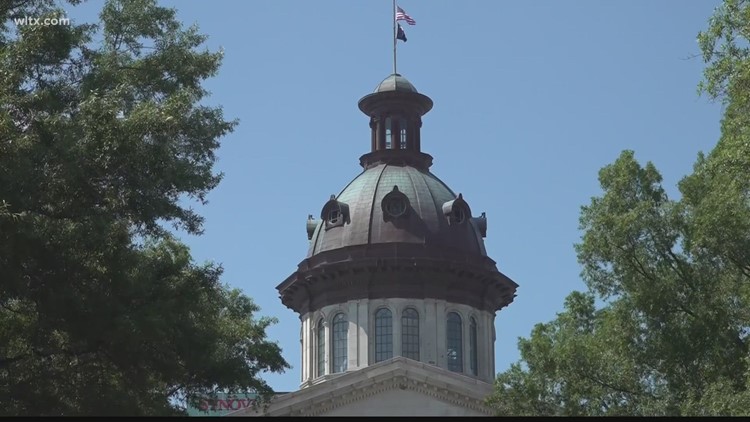COLUMBIA, S.C. — A surplus in South Carolina sales taxes is earmarked for roadwork and expediting incremental tax cuts in the Senate's proposed budget.
The plan allocates $117 million for the Rural Roads Program, $100 million for bridge improvements, and $30 million for water and sewer upgrades.
The House proposal directs a $500 million surplus towards property tax rebates.
These surplus funds would be allocated as one-time credits on property taxes, averaging around $360 per homeowner, according to House budget writers.
“The governor, in his plan, he put, was it $400 million, $500 million into bridges, so it’s the best parts of the governor’s plan, a better part with the Senate plan over the House plan for this tax reduction,” Finance Committee Chair Sen. Harvey Peeler, R-Cherokee, said.
Additionally, the budget sets aside $53 million for the University of South Carolina's health campus in Columbia and $175 million for Clemson's veterinary school.
“Our higher education funding in this report continues our years-long focus on access and affordability for most of our instate students,” said Sen. Ronnie Cromer.
The Senate's proposal includes $82.5 million for a $1,300 base pay increase for state employees earning $50,000 or less annually, with a 2.75% increase for those earning more.
The House plan would give a $1,000 raise to all workers making $66,667 or less and a 1.5% raise to employees making more.
“I want to follow up and compliment the work of Mr. Chairman of your subcommittees in finding a way to make sure as inflation goes up that our raise for state employees is almost twice what the House did and should be able to keep up with costs so thank you,” said Sen. Mike Fanning (D-Fairfield County).
The Senate plan also raises the starting salary floor for first-year teachers to $47,000 in the upcoming school year, up from $42,500.
“If you recall, it wasn’t terribly long ago that we were significantly low on the starting salary and we made commitments and we’re continuing that,” said Sen. Sean Bennett.
Once the Senate passes its version, a conference committee will reconcile differences between both chambers before final approval.
The fiscal year begins July 1.



